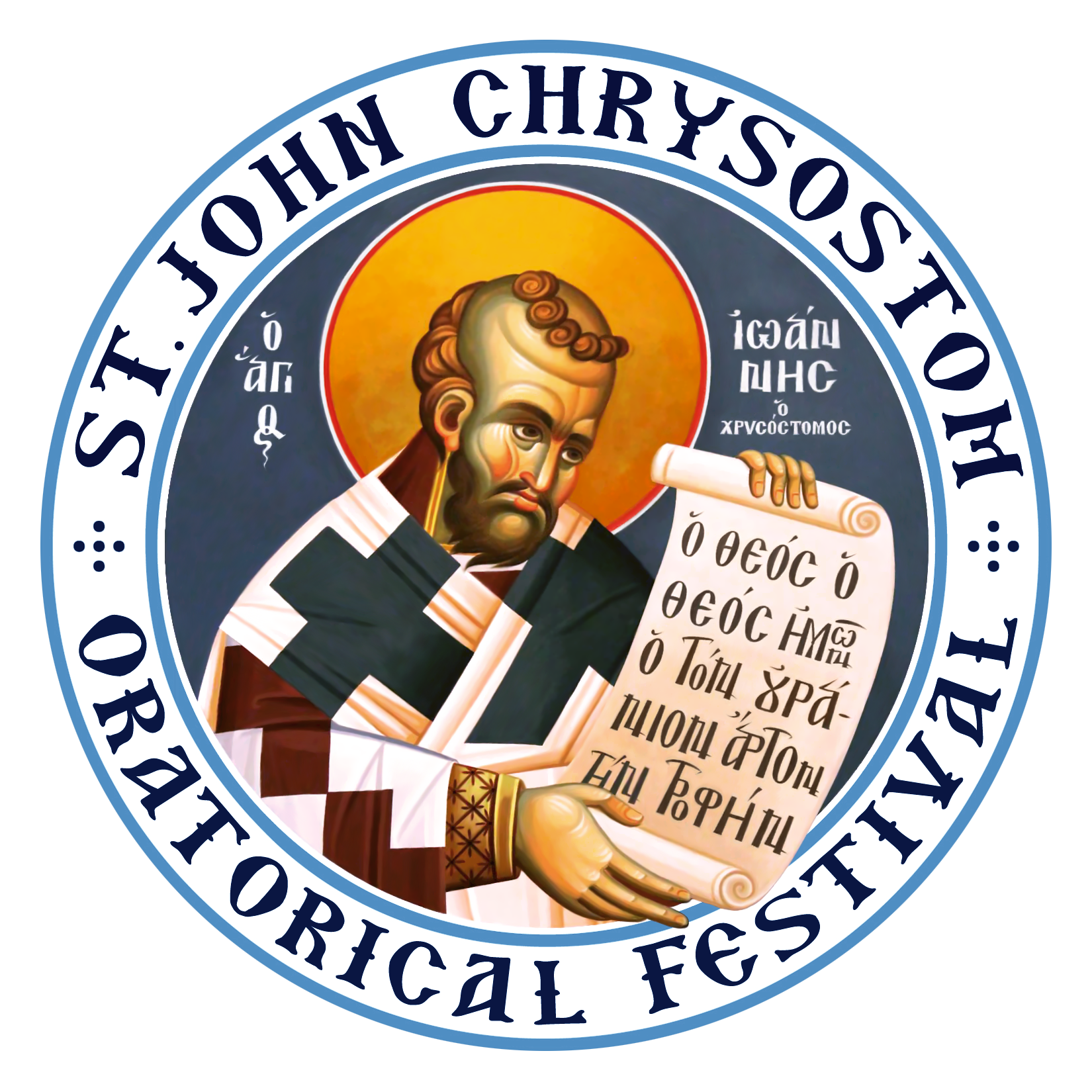
The Department of Religious Education is pleased to announce the location and date of next year’s National Oratorical Festival finals:
The 36th annual St. John Chrysostom National Oratorical Festival finals will be hosted by the Direct Archdiocesan District and the parish of the Archangel Michael Church in Port Washington, New York, from June 7 to June 9, 2019. The committee, under the leadership of Fr. John Lardas, Fr. Demetrios Kazakis and national chairperson Katherine Orfanakos Demacopoulos has already begun planning a series of exciting events to provide a weekend of fellowship and celebration for the finalists on Long Island and in New York City.
The very first National Oratorical Festival finals in 1984 were hosted in New York City. At the time 73 parishes participated in the festival; that number has grown to 200 in 2018. Since then, the location of the national festival has rotated between the 9 metropolises in the United States. The last time the festival was hosted by the Direct Archdiocesan District was in 2010 at Holy Trinity Archdiocesan Cathedral in New York, New York.
We have also added some new ways for chairpersons, parents and students to stay up to date on the latest Oratorical Festival news. Follow the oratorical_festival account on Instagram and like the St. John Chrysostom Oratorical Festival page on Facebook to stay informed and see photos from current and previous year’s festivals.
Below are the topics for this year’s National Oratorical Festival. We encourage chairpersons and parents to encourage students at their parishes to begin preparing and researching topics for their speeches early, especially as students are involved in many other activities and it can be difficult to focus their attention.
2019 St. John Chrysostom Oratorical Festival Topics:
Junior Division (grades 7 – 9):
-
Martyrs of the Church and some of the early monastics are both described as “athletes.” What does it mean to be an athlete for Christ?
-
On January 30th, the Church celebrates the Feast of the Three Hierarchs: St. Basil the Great, St. Gregory the Theologian, and St. John Chrysostom. Select one of these Church Fathers and discuss his contribution to the Church.
-
Discuss the significance of water in the Church – Baptism, Theophany, holy water, etc. – and what this suggests about our responsibility for the natural world.
-
Discus the new commandment of John 13:34: “Love one another, even as I have loved you…” What does it mean to love one another as Christ loved us?
-
In 1 Timothy 6:10, St. Paul writes, “For the love of money is the root of all kinds of evil.” How should Orthodox Christians relate to money and wealth?
Senior Division (grades 10 – 12):
-
Many of the Church’s services employ objects from the natural world (such as wheat, wine, oil, or water) in order to confer a blessing upon the faithful. Why does the Church do this, and what does this suggest about our responsibility for the natural world?
-
From ancient Greece to the present, politicians have aligned themselves with religious concepts and constituencies. How is an Orthodox Christian to discern whether today’s politicians do this out of genuine piety or in order to manipulate the electorate?
-
The hymns of the Church contain the whole of its theology. Pick one hymn from the Lenten or Holy Week period and describe how it speaks to you personally.
-
Describe how science and technology should always be at the service of humanity and, ultimately, of God, in harmony with His purposes.
-
In view of St. Paul’s exhortation in Colossians 3:16, “Let the Word of Christ dwell in you richly in all wisdom,” discuss the importance of being biblically literate today.
Click here to download the Topic TIps and Resources document.